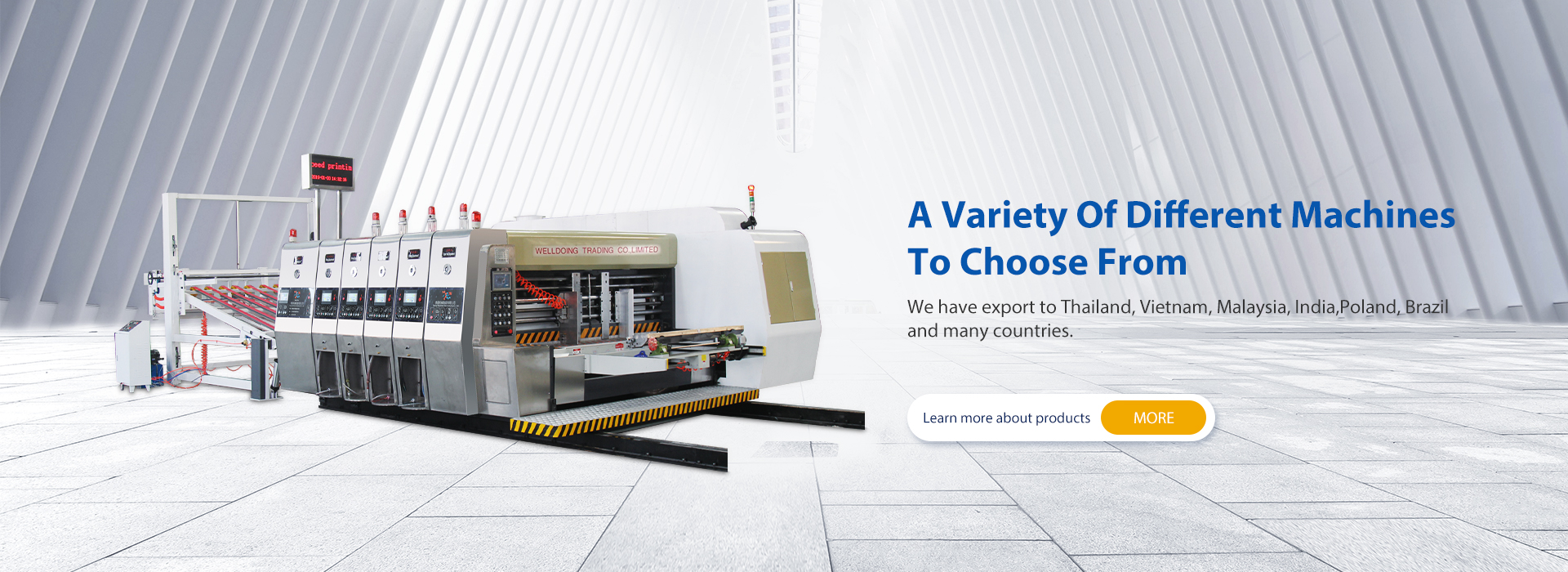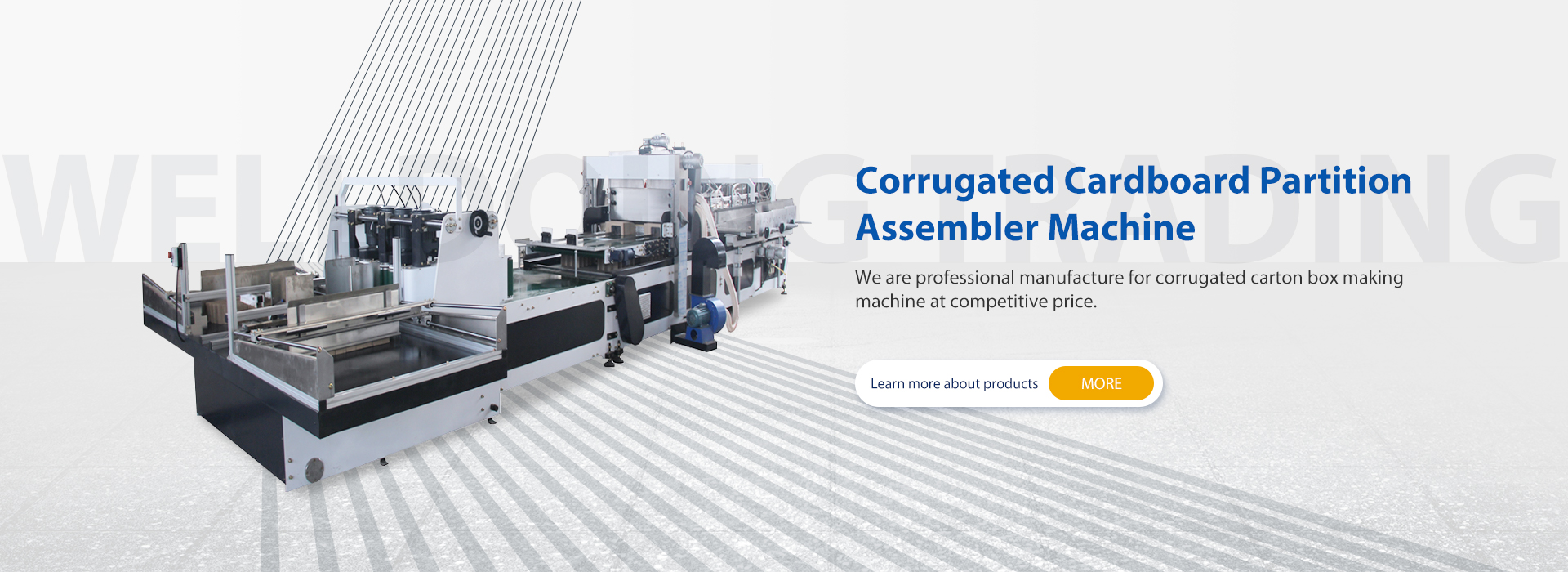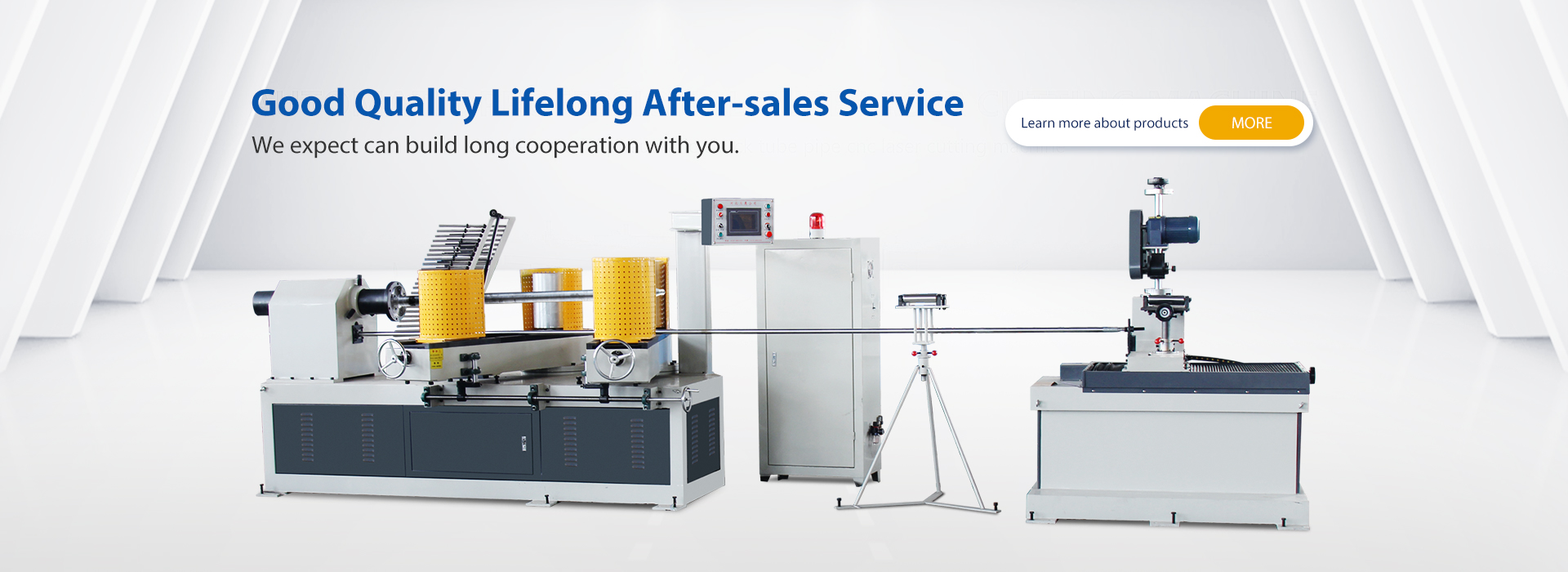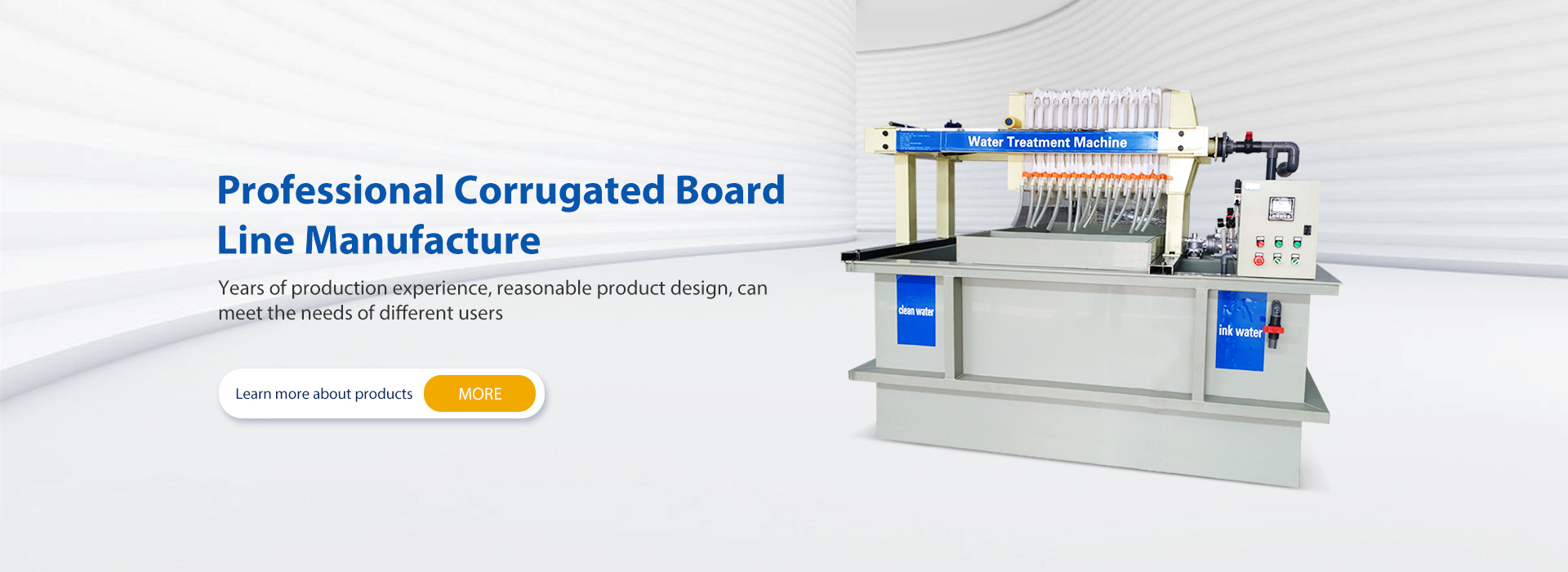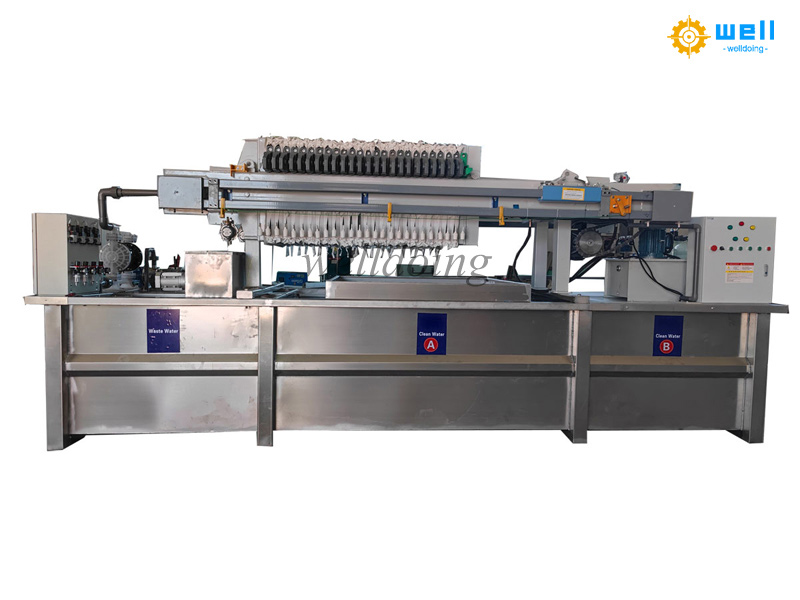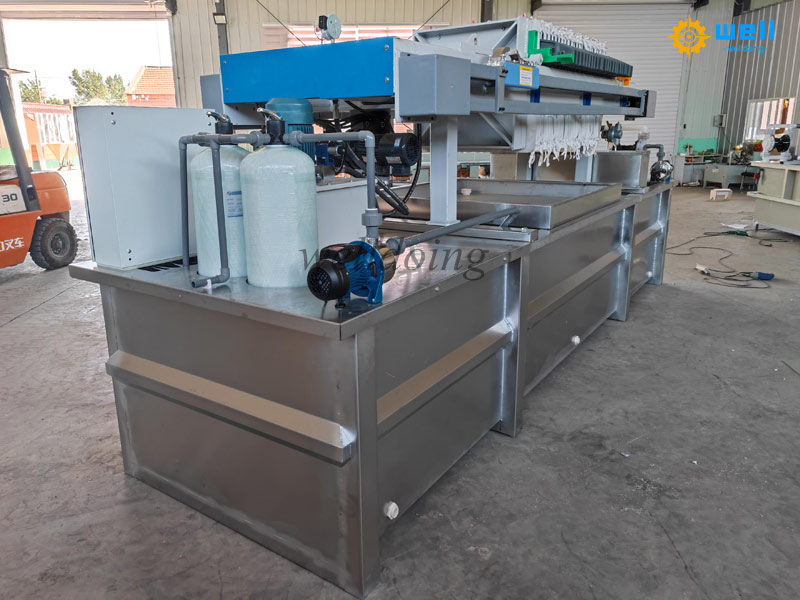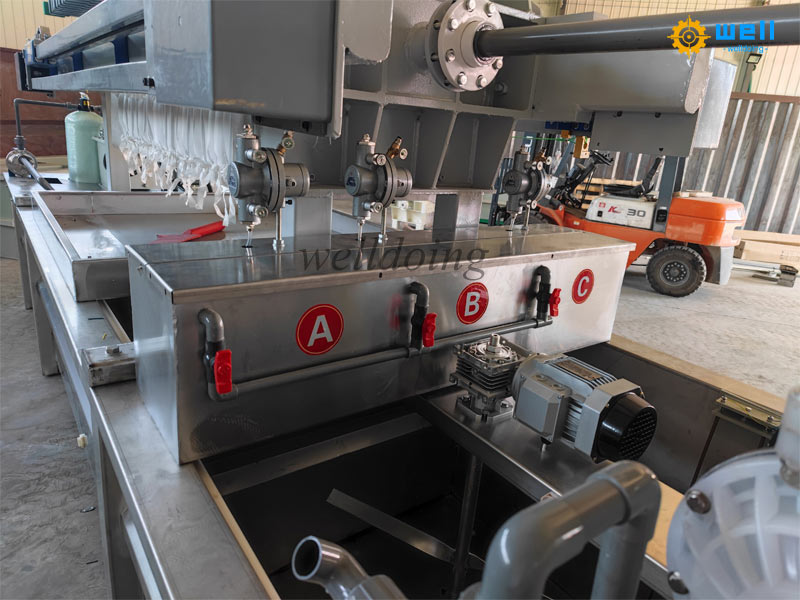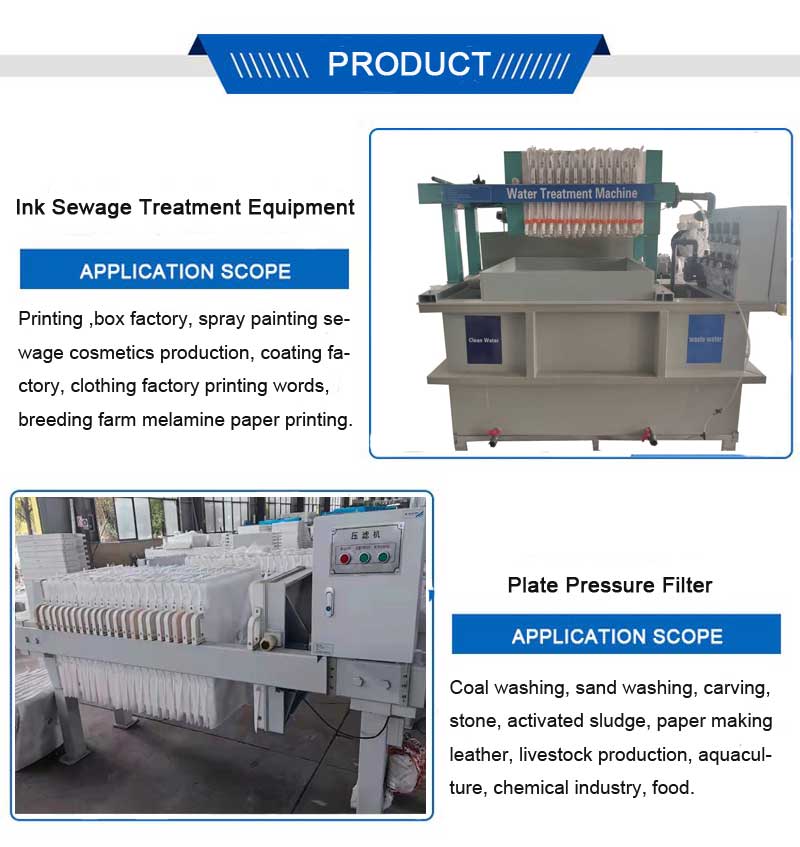Textile printing and dyeing Sewage treatment machine is a system specifically designed to treat industrial wastewater generated in the printing industry. Its core goal is to remove pollutants such as ink, solvents, heavy metals, and organic matter from the wastewater, ensuring compliance with discharge standards or achieving reuse.
The main components and characteristics of printing water
Typical pollutants:
Ink particles (including pigments, resins, and solvents)
Heavy metal ions (such as lead, chromium, mercury, from certain inks)
Organic solvents (ethanol, ethyl acetate, toluene, etc.)
High COD (Chemical Oxygen Demand) and BOD (Biochemical Oxygen Demand) values
High chromaticity (wastewater often appears dark)
Wastewater source:
Printing machine cleaning wastewater
Printing plate washing wastewater
Runban liquid wastewater
Waste ink and solvents
The core process and equipment of ink printing sewage treatment machine
Printing wastewater treatment usually adopts a combination of physical, chemical, and biological processes, and the specific equipment is selected according to water quality and discharge standards:
1. Preprocessing stage
Grille/sieve machine
Remove large suspended particles such as paper scraps and plastic sheets.
Regulating pool
Balance water quality and quantity, equipped with pH adjustment system (acid/alkali neutralization).
2. Physical and chemical treatment
Coagulation sedimentation system
Equipment: coagulation reaction tank, flocculation tank, inclined plate sedimentation tank
Chemicals: PAC (polyaluminum chloride), PAM (polyacrylamide)
Function: Remove colloidal particles, some COD, and chromaticity.
Air flotation machine of the flexo ink printing wastewater treatment machine (DAF or dissolved air flotation)
Applicable: Ink and grease containing wastewater, separated by microbubble adsorption and flotation.
Activated carbon adsorption tower
Application: Deep removal of dissolved organic matter and chromaticity.
3. Advanced oxidation treatment
Ozone oxidation equipment or Fenton reactor
Applicable: Difficult to degrade organic compounds (such as resins and solvents), which decompose pollutants through strong oxidation.
UV photocatalytic oxidation
Combining ozone or hydrogen peroxide (H ₂ O ₂) to improve degradation efficiency.
4. Biological treatment
MBR membrane bioreactor
Combining microbial degradation and membrane filtration, the effluent quality is high and can be reused.
biological contact oxidation tank
Suitable for wastewater with good biodegradability (BOD/COD>0.3).
5. Deep processing and reuse
Ultrafiltration (UF)+reverse osmosis (RO) system
Realize wastewater desalination and reuse, suitable for high demand scenarios.
Ion exchange resin tower
Remove heavy metal ions such as lead and chromium.
If you are also interested in this machine,please don’t hesitate to contact us:
Overseas manager: Tom Wang
Email:cartonmachine.tomwang@aliyun.com
Phone/Wechat/Whatsapp:+86 13303078975
Post time: May-30-2025

